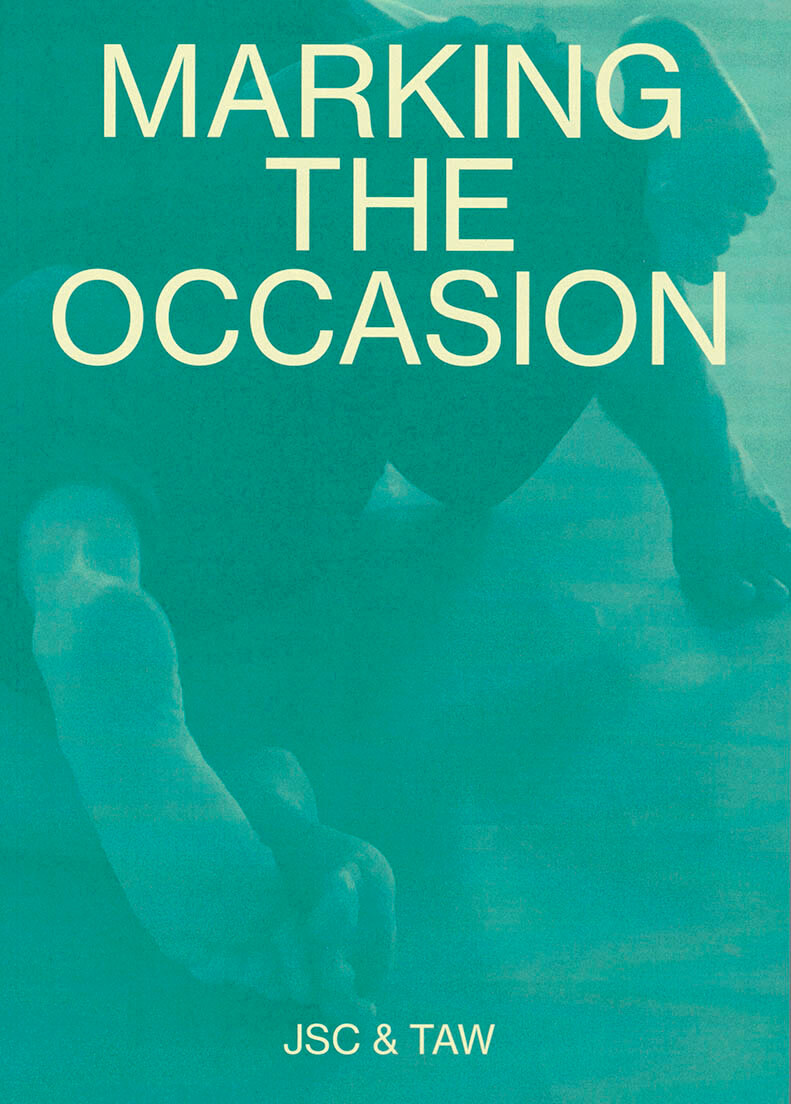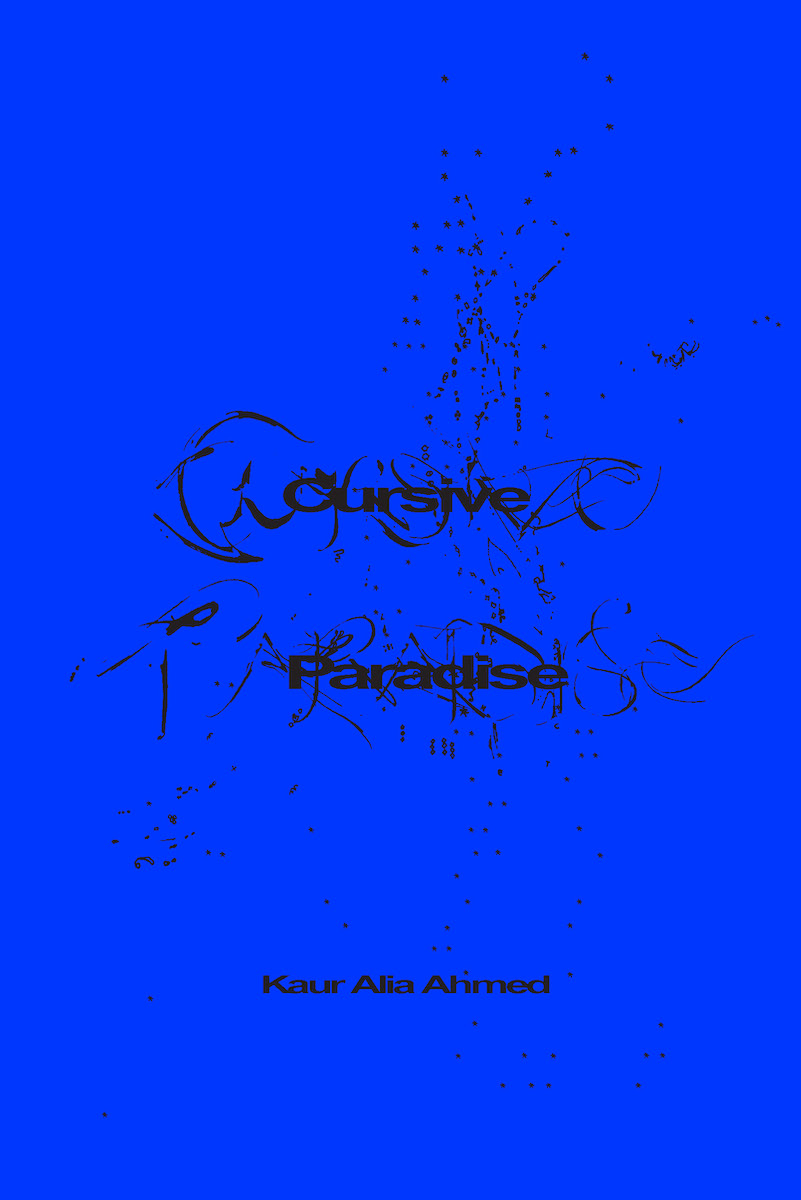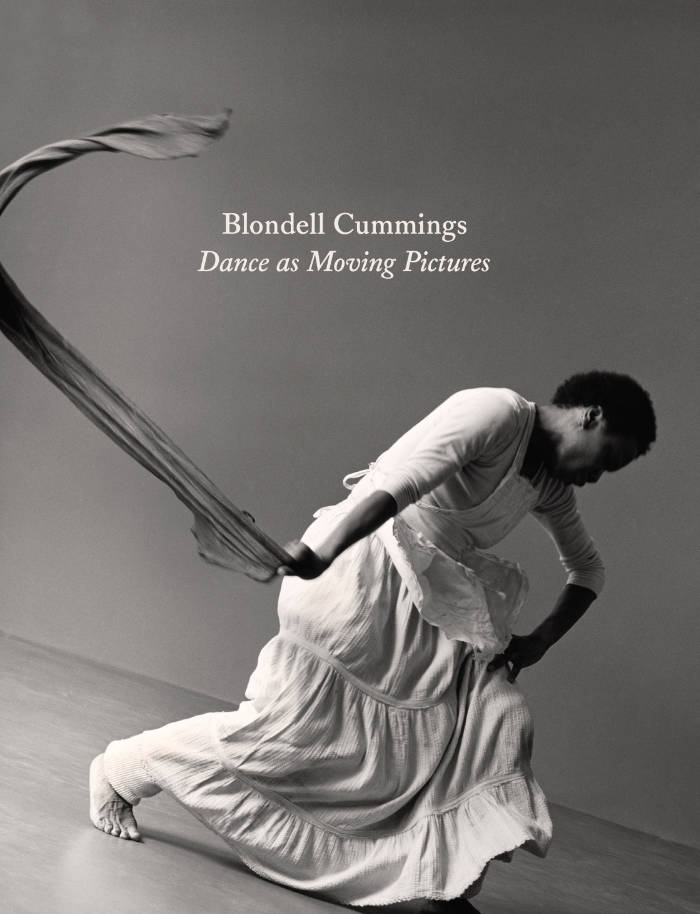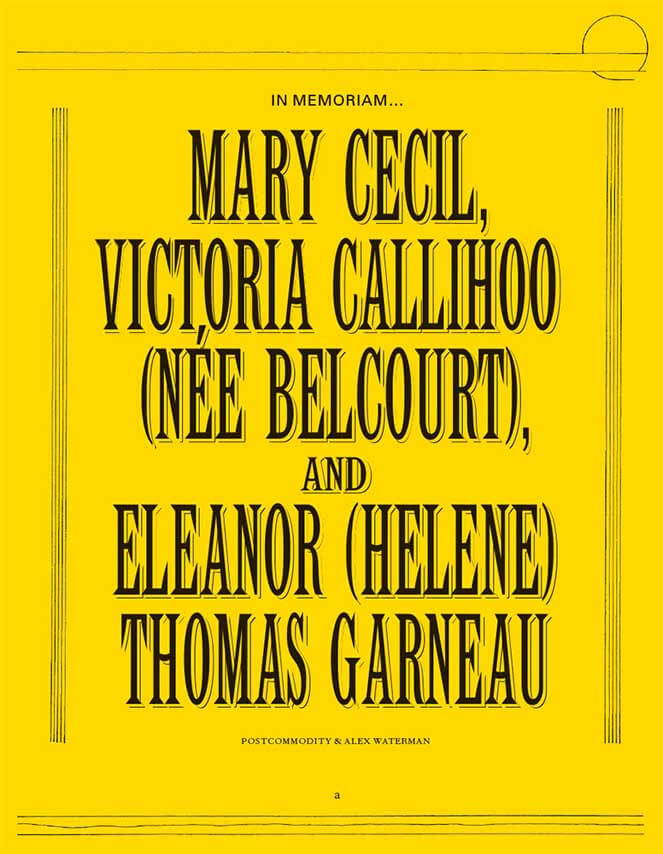The first monograph dedicated to the pivotal work of African American postmodern dancer, choreographer and video artist Blondell Cummings.
A foundational figure in dance, Blondell Cummings bridged postmodern dance experimentation and Black cultural traditions. Through her unique movement vocabulary, which she called "moving pictures," Cummings combined the visual imagery of photography and the kinetic energy of movement in order to explore the emotional details of daily rituals and the intimacy of Black home life. In her most well-known work Chicken Soup, Cummings remembered the family kitchen as a basis for her choreography.
This book draws from Cummings's personal archive and includes performance ephemera and numerous images from digitized recordings of Cummings's performances and dance films; newly commissioned essays by Sampada Aranke, Thomas F. DeFrantz, and Tara Aisha Willis; remembrances by Marjani Forté-Saunders, Ishmael Houston-Jones, Meredith Monk, Elizabeth Streb, Edisa Weeks, and Jawole Willa Jo Zollar; a 1995 interview with Cummings by Veta Goler; and transcripts from Cummings's appearances at Jacob's Pillow and the Wexner Center for the Arts. Bringing together reprints, an extended biography, a chronology of her work, rarely seen documentation, and new research, this book begins to contextualize Cummings's practice at the intersection of dance, moving image, and art histories.
Blondell Cummings (1944-2015) was a choreographer and video artist who mined everyday experiences like washing, cooking and building to create works celebrated for their rich characterizations and dramatic momentum. According to Wendy Perron, Cummings crossed over from modern to postmodern, from the Black dance community to the avant-garde community. Cummings referred to her stop-motion movement vocabulary as "moving pictures," which combined her interests in the visual imagery of photography and the kinetic energy of movement. Her dances drew from an accumulation of character studies that often began with photography and workshops, and included poetry, oral histories, and projection. Her interest in moving pictures is also evidenced in her commitment to dance films. She both supported the documentation of dance, and created many experimental dance films.
Edited by Kristin Juarez, Rebecca Peabody, Glenn Phillips.
Texts by Sampada Aranke, Thomas F. DeFrantz, Tara Aisha Willis, Marjani Forté-Saunders, Ishmael Houston-Jones, Meredith Monk, Elizabeth Streb, Edisa Weeks, Jawole Willa Jo Zollar, Blondell Cummings, Veta Goler.








